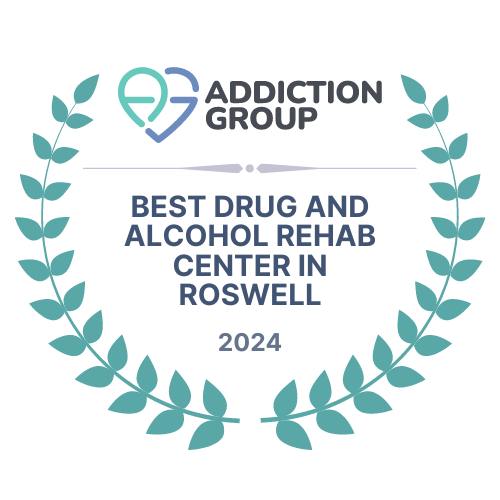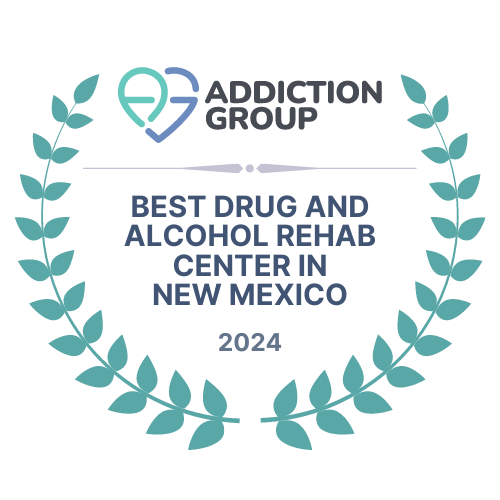Telehealth has emerged as a revolutionary tool in healthcare, significantly impacting the field of addiction recovery. This blog explores how telehealth is transforming addiction treatment, especially in remote and underserved areas, and discusses the benefits, challenges, and future potential of this innovative approach.
The Rise of Telehealth in Addiction Treatment
Telehealth involves the use of digital technologies to deliver healthcare services remotely. It has gained popularity due to its convenience and accessibility, particularly during the COVID-19 pandemic. In addiction recovery, telehealth provides a means to access therapy, counseling, and support groups without the need for physical presence, making treatment more accessible to a broader population.
Benefits of Telehealth in Addiction Recovery
- Increased Accessibility: Telehealth removes geographical barriers, allowing individuals in remote or rural areas to access quality addiction treatment. This is particularly beneficial for those who live far from treatment centers or have mobility issues.
- Convenience and Flexibility: Patients can schedule sessions at times that fit their lives, reducing the need for time off work or travel. This flexibility can increase participation and adherence to treatment plans.
- Continuity of Care: Telemedicine ensures continuous support, which is crucial for maintaining sobriety. Regular virtual check-ins and therapy sessions help monitor progress and address any emerging issues promptly.
- Privacy and Anonymity: For many, the stigma associated with addiction is a barrier to seeking help. Telemedicine offers a level of privacy and anonymity that can encourage more individuals to seek treatment.
Challenges in Addiction Recovery
- Technology Barriers: Not everyone has access to reliable internet or the necessary devices, which can limit the reach of telehealth services. Addressing these disparities is essential to ensure equitable access to care.
- Engagement and Efficacy: Some individuals may find virtual interactions less engaging than face-to-face meetings. Developing engaging and interactive platforms is vital to maintaining patient involvement.
- Regulatory and Reimbursement Issues: Navigating the regulatory landscape and ensuring adequate reimbursement for telehealth services can be challenging. Policies need to evolve to support the integration of telehealth in addiction treatment fully.
Success Stories
Real-life examples illustrate the effectiveness of telehealth/telemedicine in addiction recovery:
- Case Study 1: Remote Rural Support: Jane, living in a rural area with limited access to addiction services, found telemedicine to be a lifeline. Through regular virtual therapy sessions and online support groups, she maintained sobriety and rebuilt her life.
- Case Study 2: Flexibility for Busy Professionals: Mark, a busy professional, struggled to find time for in-person therapy. Telemedicine provided him with the flexibility to attend sessions during his breaks, ensuring he received the support he needed without compromising his job.
- Case Study 3: Ongoing Support During a Pandemic: During the COVID-19 pandemic, Sarah continued her recovery journey through telemedicine. The ability to connect with her therapist and support group remotely was crucial in helping her navigate the stress and isolation of the pandemic.
Future Trends for Addiction Recovery
- Advanced Technologies: The integration of AI and machine learning in telehealth platforms can personalize treatment plans, predict relapses, and provide timely interventions. Virtual reality (VR) is another promising technology that can create immersive therapy environments.
- Expanded Services: Telehealth platforms are likely to expand their offerings, including comprehensive care that integrates physical health, mental health, and social services. This holistic approach can address the multifaceted nature of addiction.
- Policy Support: Continued advocacy for supportive policies and reimbursement models will be essential to sustain and expand services. Collaboration between healthcare providers, policymakers, and technology companies can drive these changes.
Conclusion
Telehealth represents a transformative advancement in addiction recovery, offering increased accessibility, convenience, and continuous support. While challenges remain, the potential for this technology to revolutionize addiction treatment is immense. By leveraging technology and fostering supportive policies, we can ensure that more individuals have access to the care they need, regardless of their location. The future in addiction recovery is bright, promising to bring effective treatment to more people than ever before.








